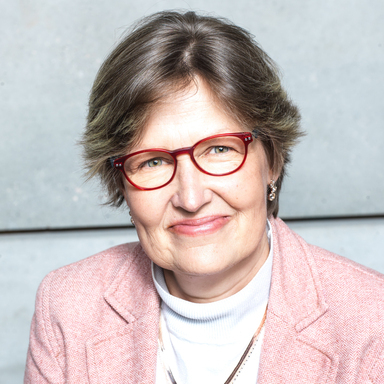Kopernikus Project Ariadne (second funding phase)
Duration

The Kopernikus project Ariadne, funded by the German Federal Ministry of Education and Research, has been developing options for shaping the energy transition since mid-2020. The next funding phase, for another three years, started in September 2023. Using a variety of methods - from scenario analyses and panel surveys to citizen deliberation - a consortium of 27 research institutes is spelling out concrete paths to climate neutrality.
The goal of the project is to shed light on the details of these challenges of the energy transition and to design robust strategies for political action that can address them. Similar to the first funding phase, a shared learning process will run as a common thread throughout the project, in order to show ways to overcome obstacles and outline options for addressing multiple crises - from individual sectors to a system perspective. In doing so, Ariadne responds to the call for proposals from the Kopernikus projects for the energy transition, emphasizing that societal, ecological, and economic aspects are of great importance and that the success of the energy transition can only be achieved "if the needs and expectations of the population are adequately reflected, environmental compatibility and market requirements are taken into account."
Around 100 experts in the Ariadne project will shed light on the transformation in four dimensions: in the analysis of technical-economic scenarios, options for climate policy governance, suitable policy instruments, and conditions for successful societal support. To meet the identified challenges and dimensions of the energy transition, Ariadne will organize future research into nine work packages, each focusing primarily on a specific thematic area.
The tasks of the sub-research project, located at the Research Institute for Sustainability - Helmholtz Centre Potsdam (RIFS), are twofold: The first focus of work involves participating in the conceptualization and implementation of citizen dialogues planned within the framework of Ariadne. This includes processing the results from panel surveys and collaborating with project partners from MCC to develop topics and questions for these engagement formats. The second focus of work, overseen by RIFS, pertains to the ongoing evaluation, comparison, and integration of results from the panel surveys and citizen deliberation concerning distributional aspects, especially with regard to perceived distributional fairness and acceptance of climate protection measures in Germany.
Links
You can find further information on the Ariadne project website.
For the results of the Social Sustainability Barometer for the energy and transportation transition, please visit here.
Study by Ingo Wolf and Sara Holzmann: Climate policy and social justice (in german).






